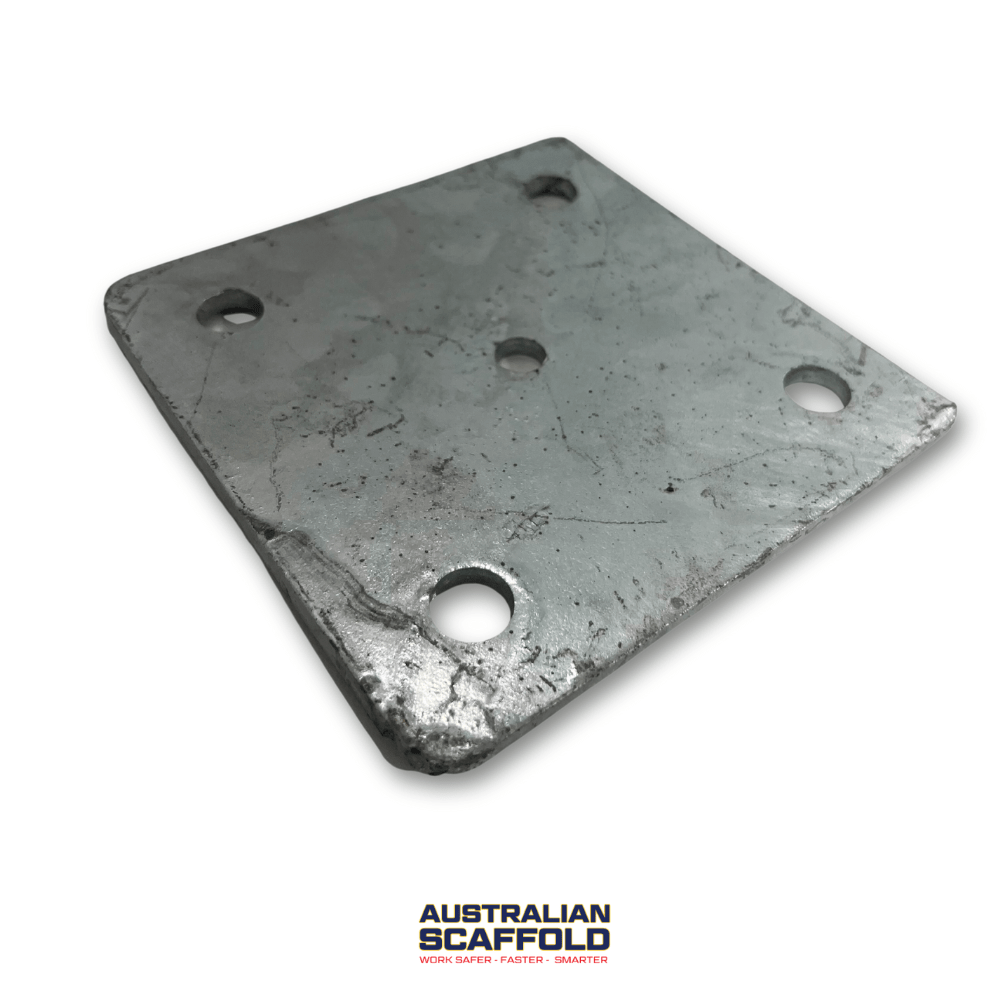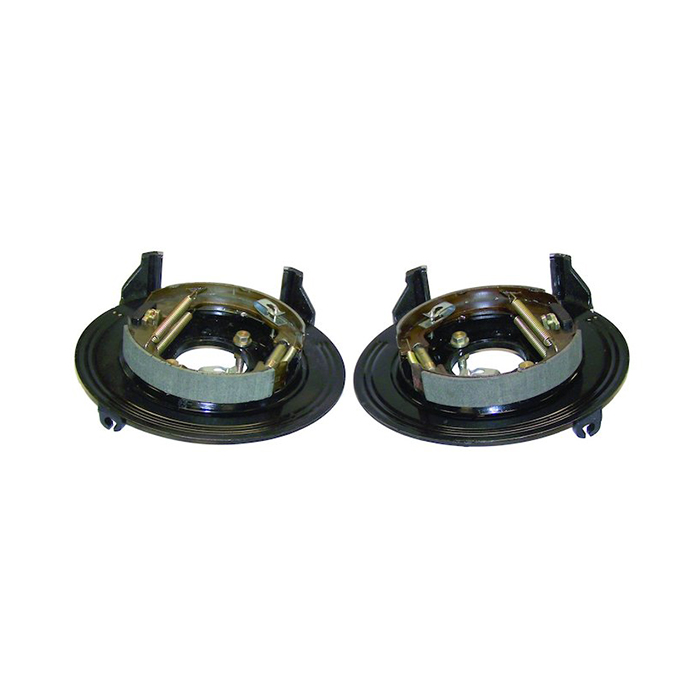Backing plate noise can be a frustrating issue for car owners, often signaling underlying problems with the braking system. Whether you're hearing unusual sounds when braking or simply want to understand the mechanics behind this issue, this article will provide comprehensive insights. Backing plate noise is not just an inconvenience; it can indicate wear and tear or potential safety hazards.
In this guide, we will explore the causes of backing plate noise, how to diagnose the problem, and effective solutions to resolve it. Whether you're a DIY enthusiast or seeking professional advice, this article offers valuable information to help you address the issue confidently.
By understanding the mechanics of the braking system and learning about preventive measures, you can ensure the longevity and safety of your vehicle. Let's dive into the details and uncover everything you need to know about backing plate noise.
Read also:Elaine Paige Husband The Untold Story Of Love And Legacy
Table of Contents
- Introduction to Backing Plate Noise
- What is a Backing Plate?
- Common Causes of Backing Plate Noise
- How to Diagnose Backing Plate Noise
- Effective Solutions for Backing Plate Noise
- Preventing Backing Plate Noise
- Impact of Backing Plate Noise on Vehicle Safety
- Cost Considerations for Repair and Maintenance
- Expert Tips for Maintaining Your Braking System
- Conclusion and Final Thoughts
Introduction to Backing Plate Noise
Backing plate noise is a common concern among car owners, particularly when it comes to the braking system. This noise, which can range from a squealing sound to a grinding noise, often indicates issues with the brake pads, rotors, or the backing plate itself. Understanding the root cause is essential for addressing the problem effectively.
The backing plate plays a critical role in the braking system, acting as a support structure for the brake pads. When this component experiences wear or damage, it can lead to unusual noises that affect both the performance and safety of the vehicle. In the following sections, we will delve deeper into the mechanics of the backing plate and explore potential solutions.
What is a Backing Plate?
A backing plate is a crucial component of the braking system, providing structural support to the brake pads. It is typically made of durable materials such as steel or aluminum, designed to withstand the intense pressure and heat generated during braking.
Functions of the Backing Plate
The primary functions of the backing plate include:
- Providing a stable mounting surface for brake pads
- Acting as a heat sink to dissipate heat generated during braking
- Enhancing the overall durability and performance of the braking system
When the backing plate is damaged or improperly installed, it can lead to noise and other performance issues. Understanding its role is key to diagnosing and resolving backing plate noise.
Common Causes of Backing Plate Noise
Several factors can contribute to backing plate noise, ranging from wear and tear to improper installation. Identifying the specific cause is essential for effective troubleshooting and repair.
Read also:Alexandre Robicquet Age Unveiling The Fascinating Journey Of A Tech Visionary
Wear and Tear
Over time, the backing plate can experience wear due to constant exposure to heat, pressure, and environmental factors. This wear can lead to:
- Loose or misaligned brake pads
- Increased friction between components
- Uneven wear on the brake rotors
Improper Installation
Incorrect installation of the backing plate or brake pads can also cause noise. This may include:
- Loose mounting bolts
- Insufficient lubrication on contact points
- Misalignment of components
By addressing these issues, you can significantly reduce or eliminate backing plate noise.
How to Diagnose Backing Plate Noise
Diagnosing backing plate noise involves a systematic approach to identify the root cause. Here are some steps you can take:
Visual Inspection
Begin by visually inspecting the braking system for signs of wear or damage. Look for:
- Corrosion or rust on the backing plate
- Cracks or deformities in the material
- Loose or missing mounting bolts
Test Drive
A test drive can help you pinpoint the exact nature of the noise. Pay attention to:
- When the noise occurs (e.g., during braking, acceleration, or idle)
- The intensity and frequency of the sound
- Any accompanying vibrations or shaking
Documenting these observations can aid in diagnosing the issue accurately.
Effective Solutions for Backing Plate Noise
Once the cause of backing plate noise is identified, it's time to implement effective solutions. Here are some strategies to consider:
Replacing Worn Components
If the backing plate or brake pads are worn, replacing them is often the best course of action. Ensure that:
- You use high-quality replacement parts
- All components are properly aligned and secured
- Lubrication is applied to contact points as needed
Professional Repair
In some cases, seeking professional assistance is advisable, especially for complex issues. A qualified mechanic can:
- Perform a thorough inspection of the braking system
- Identify hidden problems that may not be visible during a DIY check
- Provide expert advice on repair and maintenance
Investing in professional repair can save you time and money in the long run.
Preventing Backing Plate Noise
Prevention is key to avoiding backing plate noise and ensuring the longevity of your braking system. Here are some preventive measures you can take:
Regular Maintenance
Scheduling regular maintenance checks can help detect issues early. This includes:
- Inspecting the braking system during routine oil changes
- Replacing brake pads and rotors as needed
- Checking for signs of wear on the backing plate
Proper Driving Habits
Adopting proper driving habits can also reduce wear on the braking system. Consider:
- Avoiding sudden or harsh braking
- Maintaining a safe distance from other vehicles
- Using engine braking on steep descents
By implementing these practices, you can minimize the risk of backing plate noise and prolong the life of your brakes.
Impact of Backing Plate Noise on Vehicle Safety
Backing plate noise can have significant implications for vehicle safety. If left unresolved, it can lead to:
- Reduced braking efficiency
- Potential brake failure
- Increased risk of accidents
Addressing backing plate noise promptly is crucial for ensuring the safety of both the driver and passengers. Regular maintenance and timely repairs can help mitigate these risks.
Cost Considerations for Repair and Maintenance
The cost of addressing backing plate noise can vary depending on the severity of the issue and the required repairs. Factors to consider include:
- Cost of replacement parts (e.g., brake pads, rotors, backing plate)
- Labor costs for professional repair services
- Potential savings from preventive maintenance
While initial repair costs may seem high, they are often outweighed by the long-term benefits of a well-maintained braking system.
Expert Tips for Maintaining Your Braking System
Here are some expert tips to help you maintain your braking system and prevent backing plate noise:
- Follow the manufacturer's recommended maintenance schedule
- Use high-quality parts and lubricants
- Seek professional advice for complex repairs
- Stay informed about advancements in braking technology
By staying proactive and informed, you can ensure the optimal performance and safety of your vehicle.
Conclusion and Final Thoughts
Backing plate noise can be a concerning issue for car owners, but with the right knowledge and approach, it can be effectively resolved. By understanding the causes, diagnosing the problem, and implementing appropriate solutions, you can ensure the longevity and safety of your braking system.
We encourage you to take action by scheduling regular maintenance checks and addressing any issues promptly. Share your thoughts and experiences in the comments below, and don't forget to explore other articles on our site for more valuable insights.
Sources:


